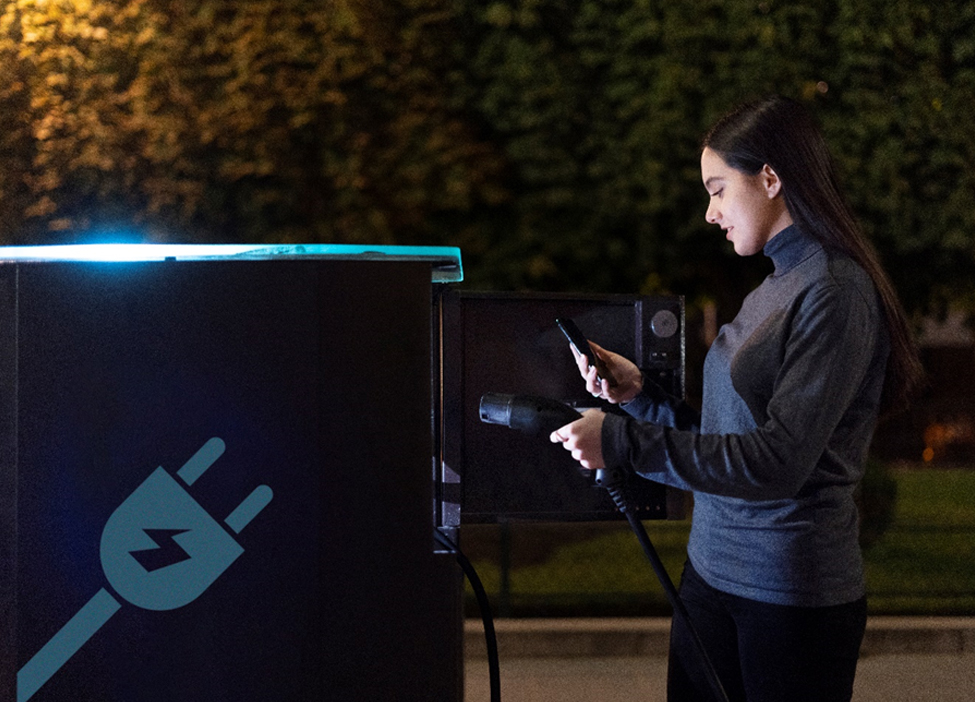Summary
More than 20 million electric vehicles are on the road, and more charging infrastructure is needed to keep them functional. As EV charging technology increases, more people will switch from gas-powered cars, and there will be an increased demand for charging stations.
As customer-centric organizations, businesses can use this situation to corner EV drivers by giving them a convenient place to charge their cars while shopping. Adding an EV charging station to your business can be expensive, but you can cut costs by applying for tax benefits and grants for EV projects. Contact us at Tercero Inc. for more information on EV charger installation.
Table of Contents
Introduction
If you operate a business and your place of employment does not currently have an electric car charger, consider installing one, if not more. Integrating electric vehicle charging infrastructure at your office has numerous business advantages, including, but not limited to, reducing environmental impact and attracting top talent.
There are over 20 million electric vehicles on the road today, which is expected to skyrocket to 100 million by 2030. Installing EV charging stations at your workplace is a strategic move because even if your current employees aren’t using them, a significant portion might be making a change soon.
This article examines why you should install EV charging stations in your office and includes the financial considerations, incentives, and challenges.
The Growing Popularity of Electric Vehicles
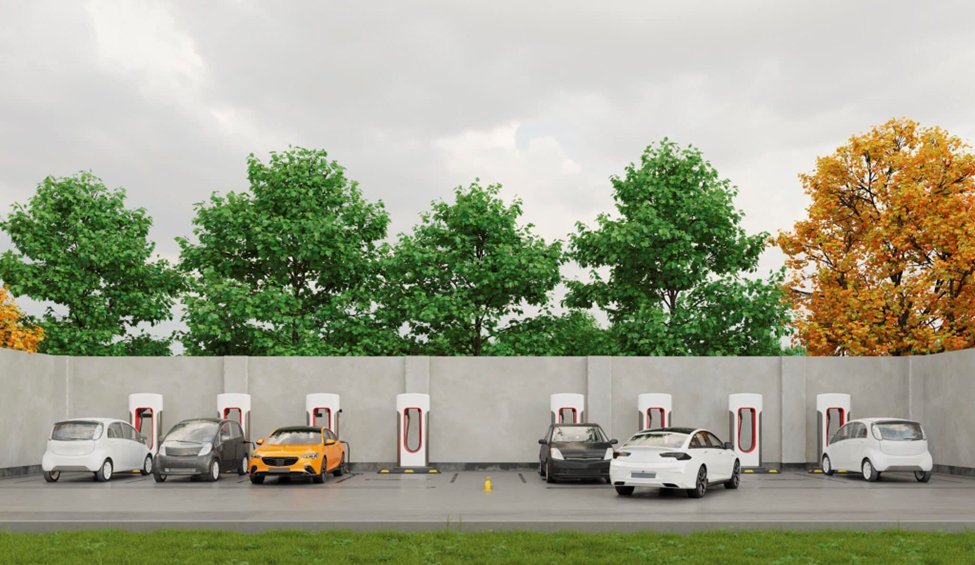
EV Market Trends
Electric car sales have taken off in the U.S. since 2020. Nearly one in five cars sold in 2023 was electric, 3.5 million more than in 2022. This growth is driven by improved range, wider model availability, and increased performance.
Electric vehicles are also becoming more accessible, with many automakers setting voluntary EV targets and governments offering incentives and investing in public charging infrastructures. The number of public charging points is increasing, with over 3.9 million available worldwide in 2023.
Consumer preference for electric vehicles (EVs) is expected to grow as prices drop and technology advances. Companies can take advantage of this to secure their place in the future and generate additional revenue from the growing need for charging infrastructures.
Impact on Businesses
The growth of the electric vehicle industry will significantly impact businesses in various industries. For example, EV businesses will become more competitive in the automotive sector.
EV drivers need access to electricity to charge their cars, so the demand for energy and utilities will also rise. This demand may strain the grid’s capacity and open doors for developing new infrastructure for energy-saving technologies and charging.
The increasing popularity of electric vehicles will reduce the need for fossil fuels in the oil and gas sector and open up prospects for diversification into other energy sources.
Investing in electric chargers will be necessary as the electric vehicle market grows. The demand for public chargers will influence the design and construction of EV-friendly facilities.
As the EV industry grows, companies will need to develop and adapt to stay competitive and take advantage of new opportunities.
Benefits of Installing EV Charging Stations at the Workplace
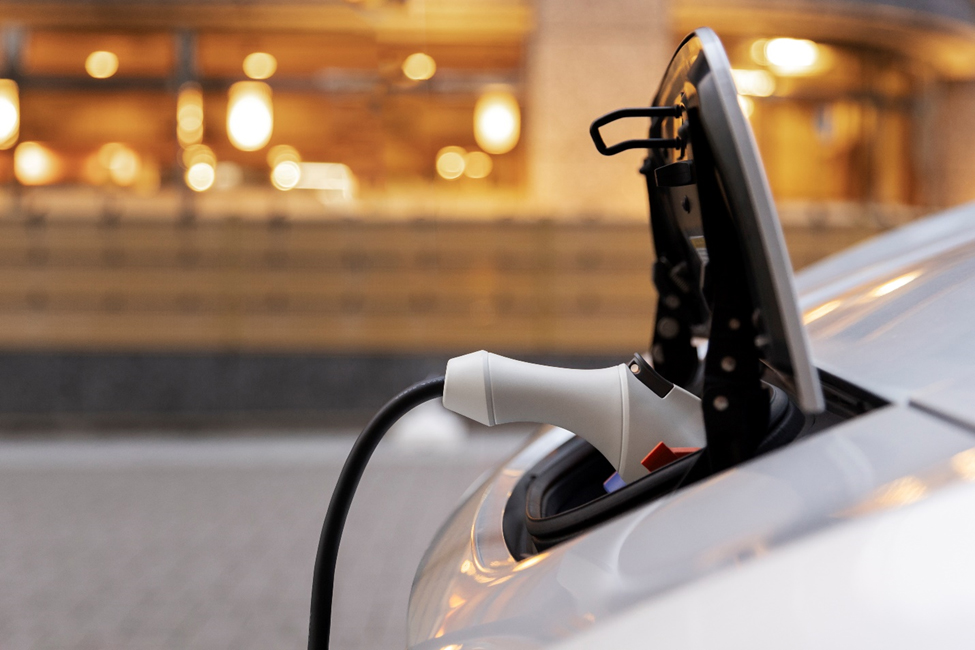
Installing EV charging stations can be costly, but now and in the future, the advantages make the expense worthwhile. The following justifies the installation of EV charging stations on your commercial property:
1. Retention of Workers and Customers
Purchasing a public electric car charger as a business owner shows you are committed to sustainability and innovation. Your employees will also feel valued if they can get the added benefit of charging their cars while working. Customers will be more likely to patronize you or come back if they know they can charge their vehicles while shopping with you.
2. Futureproof your Workplace
As EV technology improves and competition saturates the market, more people will adopt the technology, and having an electric car charger in your workplace will become the norm. Adopting it early gives you an edge over others in your industry and will help you win favor from customers, clients, and potential investors.
3. Earn Extra Income
Companies might generate extra revenue by charging visitors or locals to use their chargers after hours. You may also choose to launch an entire side business that offers your clients ease of charging and increased value with having ev chargers.
4. Increase Property Value
If you own an office building, having an electric car charging station on the premises will increase its value.
Financial Considerations and Incentives
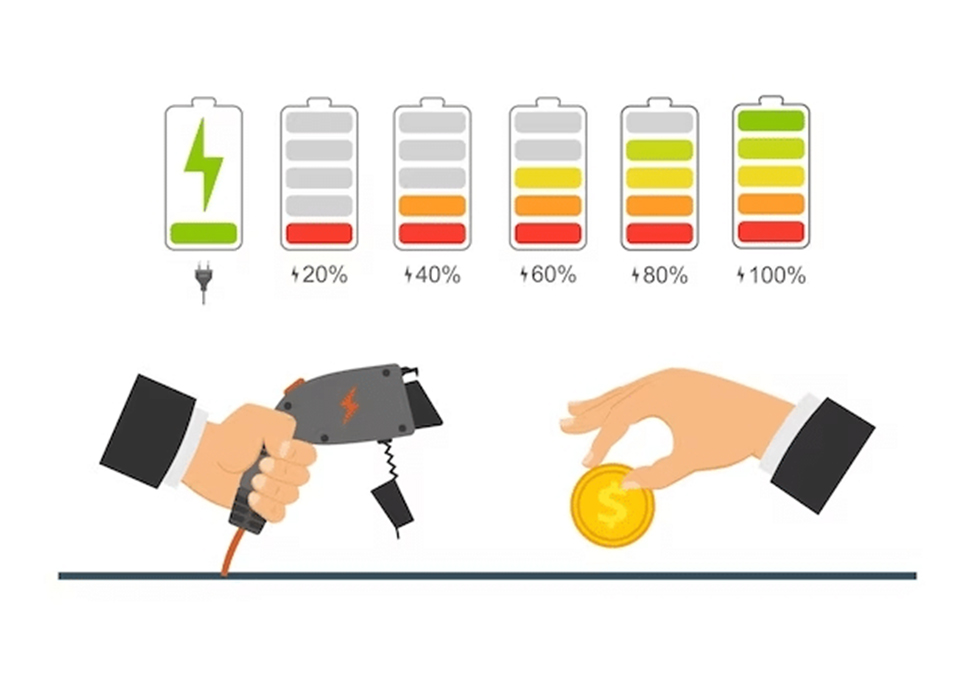
The installation of EV charging stations is expensive. However, there are incentives to make it worthwhile.
1. Cost of Installation
Depending on the level of the charger and capacity, an electric car charger will cost between $5,000 and $200,000. Considering that you need multiple charging ports, installing EV charging stations will cost between $20,000 and $3,000,000, including labor and infrastructure costs.
It is a big range as there is a great difference in the types of chargers, the rate at which they can charge, and the cost of battery backups. The infrastructure costs also vary greatly depending on your desired use case and the current infrastructure in place. For example, if you are looking to add multiple high powered level 3 chargers with battery backup you are going to need a lot more power as compared to an average level 2 chargers and that infrastructure is not commonly found at existing businesses.
2. ROI and Cost Savings
The main goal of installing EV charging stations at your place of employment should be to reduce operating expenses while also reducing vehicle emissions. The following are possible cost reductions for your company:
- Fuel Savings: $500 to $1,000 per year.
- Lower maintenance: $300 to $500 per year.
- Increased productivity: $1,000 to $2,000 per year.
Thus, a business with ten electric vehicles can save annual fuel and maintenance costs by $5,000 to $10,000.
3. Available Incentives
Infrastructure for commercial electric vehicle chargers are eligible for some incentives. However, business owners must meet specific requirements to qualify for them. Among the incentives that are offered are:
- The federal government offers incentives through discretionary funds for EV charger installation and loan financing programs.
- Some states also offer rebates for installing level 2 and DC fast chargers with funding from the National Electric Vehicle Infrastructure (NEVI) program.
Additionally, install EV charging stations in your business. You may be eligible for a credit of up to $100,000 for each qualified item of property (charging port, fuel dispenser, or storage property).
*Look into the incentives before relying on them as we have seen the majority of these funds be allocated towards local governments and municipalities and not towards the private sector.
Implementation and Planning
Planning an electric car charger installation at your workplace is a project that requires careful planning. Doing this without the necessary assessment and approvals is dangerous and can lead to loss of lives and property. The steps to install EV charging stations are:
1. Site Assessment
Once you have determined the need for a workplace charging station, the next step is conducting a site assessment to find the best charger location. You will also want to ensure that the building’s electrical infrastructure is equipped to support the additional charging station load. If necessary, you should get a commercial electrician to do the necessary upgrades.
When picking a spot, prioritize convenience and accessibility. To ensure there is no traffic, look for parking spots or other areas where cars can enter and exit freely.
2. Choosing the Right Charger
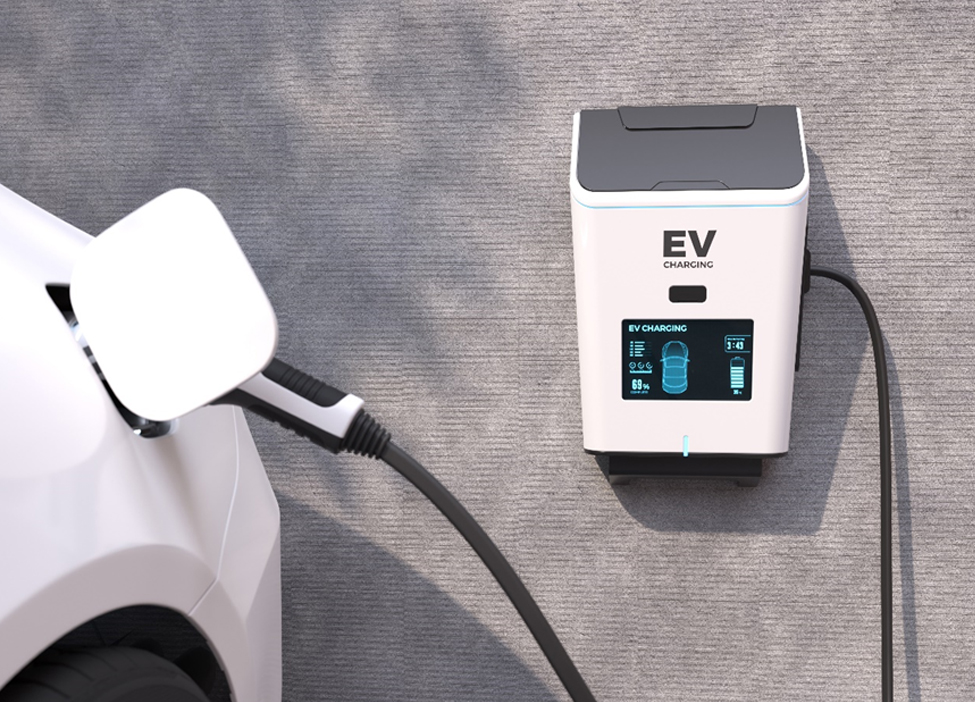
- Level 1 charger: The simplest and slowest type of EV charger is the Level 1 charger. Using a typical 120-volt outlet, an empty battery will take 40–50 hours to fully charge. This charger works well for overnight top-ups and home stations.
- Level 2 charger: Compared to a level 1 port, this charger uses a 240-volt outlet. If you are considering installing an EV charging station in your workplace, consider the level 2 types. They take only a few hours to charge a battery and deliver 10 to 20 miles of range per hour.
- DC fast chargers: These chargers provide the quickest charge of all port types. They can deliver up to 80% charge in just 20-30 minutes, making them compatible with public and commercial charging stations. However, DC fast charging stations require an extensive electrical system and are very expensive to install.
3. Professional Installation
It is crucial to seek advice from qualified electrical contractors when selecting the location and making charging port purchases. Expert contractors will ensure that your project complies with all local, state, and federal regulations and has the required permits.
Overcoming Common Challenges
Money is the most crucial obstacle to overcome when installing EV charging stations on your business premises. The initial investment and procedure, which includes planning, evaluating, and procuring, must first be funded. This applies even if you do get funding as they will require proof that you can pay for the remaining project costs.
Installation issues and infrastructure problems can also occur. These include choosing appropriate sites, securing licenses, and guaranteeing alignment with current electrical infrastructure. Business owners must still prepare to manage, maintain, and watch over the infrastructure after it is installed.
If a company wishes to reap the advantages of installing electric car chargers on its property, it must overcome these obstacles. You will want an expert EV charging contractor such as Tercero Inc. to build electric charging stations and successfully reap their advantages. We offer a seamless and efficient EV charging port installation. All permits, codes, and applications are filled and completed on our end, leaving you with no stress and all the benefits.
Conclusion
You should install EV charging stations in your workplace for numerous reasons, but there are also so many ways that the project can go wrong and make you lose money. To prevent loss of money and a failed installation, you should only employ experienced electrical contractors. Tercero Inc. is an electric car charging and industrial electrical contractor with over 30 years of experience. Contact us now for a free estimate on your electric car charger installation.
FAQs
Installing electric car chargers is a smart move for various companies and organizations. It helps generate extra income and improves customer/employee retention and satisfaction.
EV charging stations reduce environmental pollution, lower energy costs, and increase the value of your property.
Installing an EV charger at your workplace is worth the investment and guarantees a healthy return.
Some challenges associated with EV charger installation are costs, infrastructure, and installation issues like permits and site assessment.
To build an EV charging station, you need to hire a professional electrical contractor to help conduct a site assessment, coordinate with the electric company, recommend charging ports, and acquire materials.

